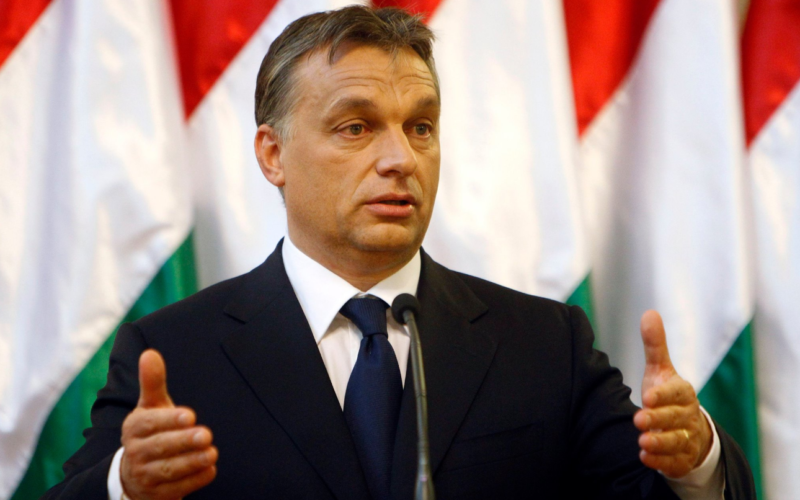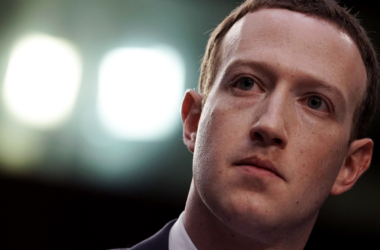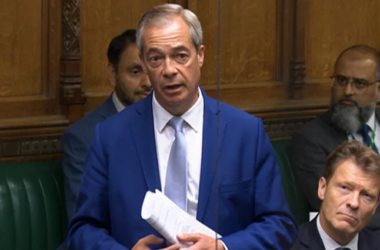In a significant development that underscores the complexities of European Union (EU) relations, Hungary’s Prime Minister Viktor Orban has unequivocally stated that the EU should refrain from initiating membership talks with Ukraine. Speaking to state radio, Prime Minister Orban emphasized that this position reflects Hungary’s clear and unwavering stance on the matter, bringing to the forefront a divergence of views within the EU regarding the potential expansion of its membership.
Prime Minister Orban’s declaration introduces a notable element of dissent within the EU, shedding light on the intricate dynamics surrounding the union’s relationship with aspiring member states. The issue at hand, namely the commencement of membership talks with Ukraine, underscores the geopolitical considerations that shape EU policy and the challenges of achieving consensus among member states with divergent interests.
Hungary’s stance, as articulated by Prime Minister Orban, introduces a layer of nuance to the ongoing dialogue regarding the EU’s enlargement strategy. The EU has historically been characterized by its commitment to the expansion of the union, fostering stability, democracy, and economic prosperity among its neighbors. However, the question of whether to initiate membership talks with specific countries involves a careful examination of geopolitical realities, historical contexts, and the potential implications for the EU as a whole.
Prime Minister Orban’s emphasis on Hungary’s “clear stance” highlights the importance of national perspectives within the broader EU framework. Each member state brings its own set of considerations and priorities to the table, reflecting a tapestry of interests that must be navigated to forge a cohesive union. In the case of Ukraine, the geopolitical significance of the region, coupled with historical and diplomatic intricacies, adds layers of complexity to the decision-making process.
The reluctance to commence membership talks with Ukraine could be rooted in a variety of factors, including concerns about regional stability, economic considerations, or geopolitical alignments. Hungary’s position raises questions about the criteria and conditions that member states deem essential for aspiring nations to meet before progressing toward EU membership.
This development also sheds light on the broader issue of EU unity and the challenges of maintaining consensus on matters of strategic importance. The EU has historically grappled with divergent views on issues ranging from economic policies to foreign relations, and the question of enlargement is no exception. Navigating these differences while upholding the principles of cooperation and solidarity remains a constant challenge for the EU.
As the EU continues to evolve and address the complex geopolitical landscape, the divergent perspectives among member states underscore the need for transparent dialogue and diplomatic negotiations. The coming days will likely see further discussions within the EU regarding Hungary’s position on membership talks with Ukraine, with potential implications for the broader dynamics of EU-Ukraine relations and the EU’s enlargement strategy.
In conclusion, Prime Minister Viktor Orban’s declaration that the EU should refrain from starting membership talks with Ukraine reveals the intricacies and challenges inherent in shaping a cohesive European Union policy. The divergence of views among member states underscores the multifaceted nature of EU decision-making and highlights the ongoing need for diplomatic dialogue to navigate complex geopolitical considerations. As the EU grapples with the question of enlargement, Hungary’s “clear stance” introduces a significant dimension to the broader conversation about the union’s future and its relationships with neighboring nations.








